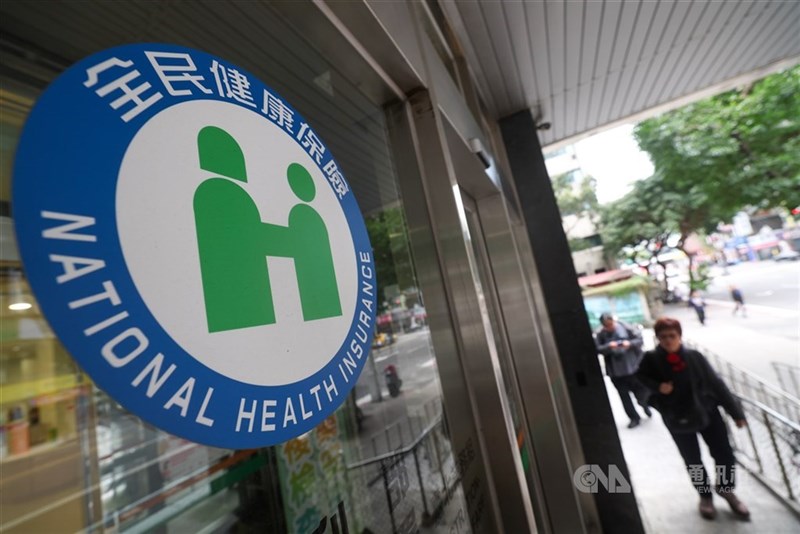
Taipei, Aug. 19 (CNA) Taiwan will expand health insurance subsidies next month for a costly cholesterol treatment, helping about 5,000 cardiovascular disease patients cut their medical bills.
In a news release issued Tuesday, the National Health Insurance Administration (NHIA) said conditions such as coronary heart disease, stroke, peripheral artery disease and aortic disease are the main causes of cardiovascular disease, which is the second leading cause of death in Taiwan.
It added that high levels of low-density lipoprotein cholesterol (LDL-C), commonly known as "bad cholesterol," are the key risk factor.
To tackle this disease, the NHIA will expand reimbursement for PCSK9 lipid-lowering biologics from Sept. 1 by lowering the LDL-C threshold for coverage from 135 to 100 and extending treatment periods from six months to 12 months.
The agency said patients will save an average of NT$115,000 (US$3,812) per year, while the program will cost NT$443 million annually.
According to the NHIA, the new policy covers injectable biologics containing evolocumab and alirocumab, with clinical evidence showing these drugs can reduce LDL-C levels by 50 to 60 percent.
The NHIA explained that longer treatment periods will reduce paperwork for physicians and allow them to spend more time on patient care, and that this adjustment in coverage places Taiwan ahead of the United Kingdom in treatment access.
NHIA Director-General Shih Chung-liang (石崇良) said earlier this month that the expanded coverage offers relief for patients whose cholesterol remains high despite first and second-line medications.
The NHIA said it will also promote the 2025 Consensus on the Clinical Pathway of Blood Cholesterol Management in Taiwan, which introduces new national guidelines to classify patients into five cholesterol-risk levels and improve care across all hospitals and clinics.
In Taiwan, citizens with household registration and foreign nationals living in the country with an Alien Resident Certificate (ARC) must enroll in the national healthcare system, granting them access to heavily subsidized treatment.
- Politics
MEP touts undersea cable drone cooperation with Taiwan
10/28/2025 06:25 PM - Business
Inaugural Taiwan Weeks draws 28,000 from 20 countries
10/28/2025 06:16 PM - Politics
Taiwan doing all it can to prevent war amid China threat: VP Hsiao
10/28/2025 05:16 PM - Society
Taiwan reports new case of severe enterovirus in 4-day-old infant
10/28/2025 04:57 PM - Science & Tech
Taiwan should leverage semiconductors to make 'quantum leap': Expert
10/28/2025 04:35 PM